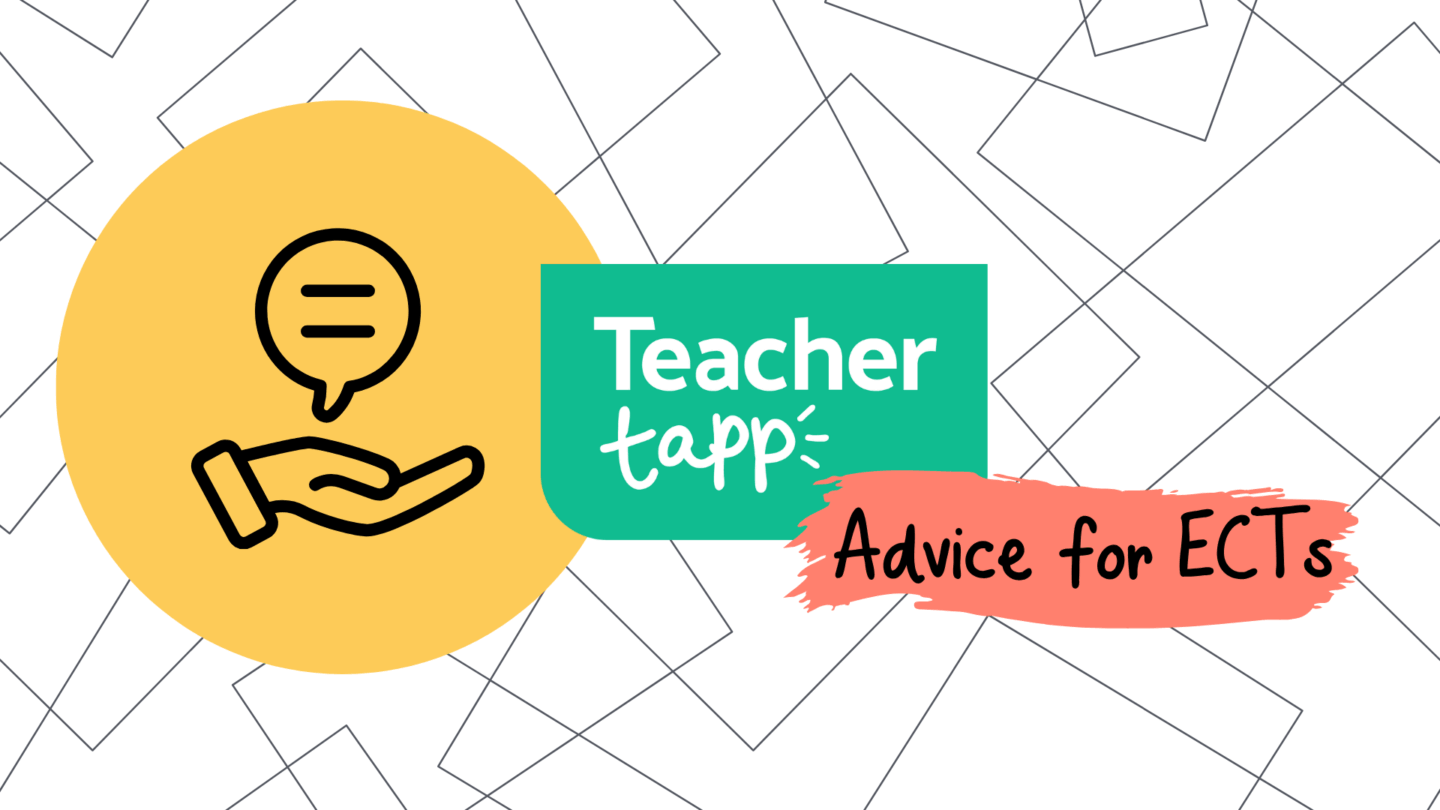What drives us to experiment in the classroom?
Why are some teachers more likely to try out new ideas than others? How can schools encourage teachers to experiment with new ideas in the classroom? As part of our Teacher Tapp Hackathon, Matthew discovered that the funding model and Ofsted rating of a teacher’s school, as well as their career stage, can explain a surprising amount of the difference between experimental and conservative practitioners. Using further data analysis, Matthew also offers some solutions for schools to encourage innovative practice among their faculty, independent of what stage of their career they’re in.
Do teachers experiment with new ideas?
According to @TeacherTapp, 64% of teachers try out new teaching strategies in their classroom at least every month, and 20.7% do so weekly or daily. Who are our most innovative teachers, and what drives them to innovate so much?
Anyone who has taught in a school knows that trying something new is a great risk. Children are the harshest critics, and if a lesson goes wrong, it can go really wrong! However, trying out new teaching techniques and approaches is really important. Whilst we can get new ideas by reading widely, sitting through CPD sessions, and watching colleagues teach, we won’t know what works until we try it out in our own classrooms.
What makes some teachers more experimental than others?
Digging into the @TeacherTapp data further, teachers are more likely to try new teaching strategies if they are less experienced. 28.3% of teachers who have taught for less than 5 years try out new things weekly, or even daily, compared to only 15.4% who have taught for over 20 years – and this tendency decreases on a sliding scale according to time in the profession. There is a similar pattern for age, unsurprisingly as the two are correlated. It would appear that those early in their career are employing trial and error strategies more readily, honing their skills, whilst the stereotype of the intransigent old-timer has some basis in truth.
Perhaps more surprisingly, the type of school a teacher works in will also affect the tendency to try new things. In the most affluent schools, under 60% of teachers try out new teaching approaches at least monthly (57% in independent schools and 59.9% in the top quintile of state schools). In the most disadvantaged 20% of schools, 67.8% innovate at least every month, and 23.6% at least weekly.

What we don’t know is why this correlation exists. Could it be that deprivation fuels flexible teaching more than affluence? One might imagine that a teacher needs to think on their feet much more in challenging contexts, and perhaps could become complacent in a school in a ‘leafy’ area. However, could this instead be explained by the age profile of teachers in schools in deprived areas?
What we also know about schools in disadvantaged areas is that they are more likely to be graded RI or Inadequate by Ofsted. Teaching innovation is correlated with Ofsted grade to a similar degree as it is to deprivation levels. 67.2% of teachers in RI/Inadequate schools try out new teaching strategies at least monthly, compared to 59.4% in Outstanding schools. But again, are we seeing nothing more than the effect of the age profile of teachers across schools?
My hunch is that age and experience is the overriding factor here. Whilst it is tempting to argue that teachers in more challenging contexts respond by being more innovative in their practice, the data is not conclusive. If you want innovative practice, it seems that the age and experience profile of the teachers in the school is the best predictor.
How can we encourage teachers to experiment?
But if we are looking to promote more experimental practices in our school, we can’t just recruit a load of inexperienced staff. For a start, standards would be likely to fall significantly – there is a reason they are trying out new things after all: they have yet to develop expertise and confidence in their practice. What we might want is for our more experienced teachers to keep innovating. How should this be achieved?
One strategy might be to get teachers out observing others so that they can bring new ideas back into their own classrooms. @TeacherTapp asked whether teachers have the time to visit each other’s classrooms. They found that teachers in independent schools agreed more than those in state schools that they had time to visit colleague’s classrooms, but teachers in independent schools were marginally less likely to try out new teaching strategies.

Teachers in RI/Inadequate schools had less time for this than those in Outstanding schools, but again this inversely correlated with innovation. Similarly, teachers in schools with a highest rates of pupil progress were seemingly more time-rich than those with the lowest rates of progress, with no apparent effect on teacher experimentation. It would appear that having the time to watch our colleagues teach does not make us more likely to innovate in our own practice.
How about having others watch us teach? When @TeacherTapp asked whether teachers had been observed and coached since the start of the academic year, they found that teachers are more likely to receive such support if they teach in a more disadvantaged area – 21.2% in the most deprived schools versus 6.7% in independent schools, and 13.7% in affluent state schools. Age is also a significant factor in whether teachers have coaching support: 32% of teachers in their 20’s had been observed and coached, in contrast to only 10.8% of teachers in their 50’s.
So our most experimental teachers (the youngest and least experienced) are receiving the most coaching, but we do not know whether it is their inexperience or the extra support they are receiving which feeds their innovation. Before we accelerate a coaching programme for our more experienced staff, we should consider whether they will respond in quite the same way.
Summary
This brief trawl through the data confirms some stereotypes, but dispels others. It is certainly true that more novice teachers try out new things in the classroom much more than expert teachers. This is only to be expected, and we don’t want our experienced teachers to eschew tried and tested methods in the name of ‘innovation’. However, setting aside the age and experience factor, there is little evidence to suggest that some types of schools are more innovative than others. The conception of the sleepy and coasting middle-class school is not supported by the data, nor is the idea that teachers in challenging schools are responding to accountability pressure or the type of students they teach by experimenting more in their teaching.
And if we want teachers to try out more strategies in their teaching, investing in peer observations and coaching may not be a good investment. Perhaps we just need to accept that less experienced teachers need to try lots of new stuff out, but that more experienced teachers have tried and tested methods which don’t need to be tinkered with all the time.





